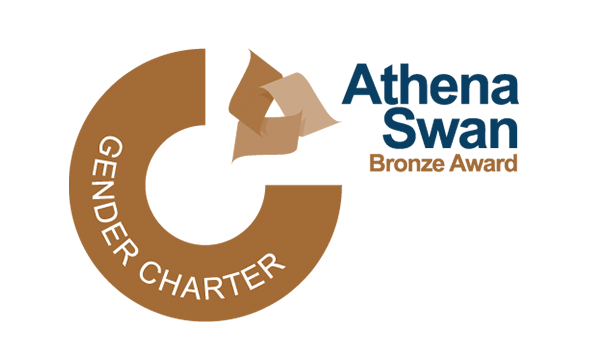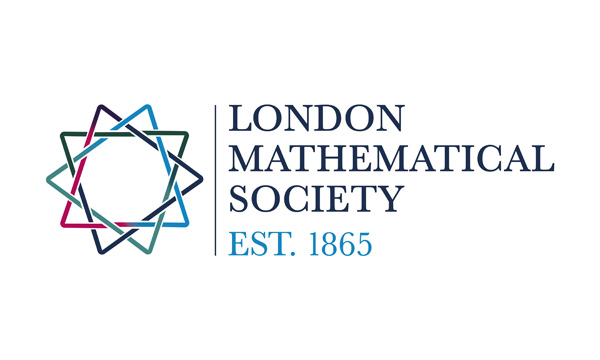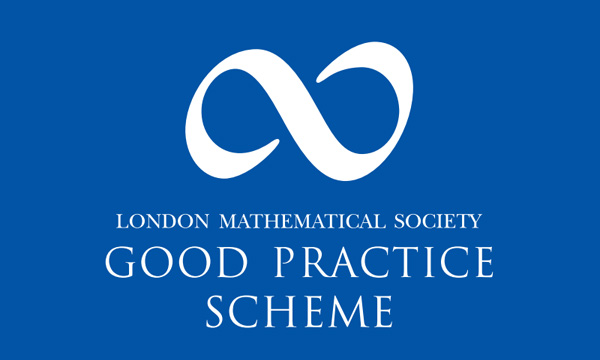Beauville Groups
Friday 28th January 2022, University of Lincoln (online). Local organiser: Anitha Thillaisundaram
Beauville surfaces are a class of complex surfaces defined as products of Riemann surfaces with an action of a finite group. Finite groups with such an action are called Beauville groups. Beauville surfaces are interesting geometrical objects, providing, for instance, counterexamples to the Friedman-Morgan conjecture on diffeomorphic algebraic surfaces and enabling the constructions of exception collections of line bundles. Many of the properties of Beauville surfaces are determined by the properties of the corresponding Beauville groups. Hence studying Beauville groups translates to studying Beauville surfaces. Examples of Beauville groups are varied, from simple groups to more geometric groups. This meeting will introduce the connection between Beauville groups and Riemann surfaces, and then focus on recent developments involving Beauville groups, such as new links to groups acting on rooted trees.
The meeting will take place online over Zoom.
The timetable is as follows, where all times are given in British Winter Time:
- 13.15-14.15: Gareth Jones (University of Southampton), Introduction to Beauville surfaces and Beauville groups
- 14.20-15.20: Jone Uria-Albizuri (University of the Basque Country), Groups acting on rooted trees as a source for Beauville p-groups
- 15.20-15.50: tea and coffee break
- 15.50-16.50: Ben Fairbairn (University of London, Birkbeck), Beauville Questions, Problems & Conjectures
To register for the event and to receive the talk links, please email the organiser Anitha Thillaisundaram (anitha.thillaisundaram@math.lu.se).
The FCG Research Group is supported by an LMS Joint Research Groups in the UK Scheme 3 grant. In addition, the LMS administers a Childcare Supplementary Grant Scheme. Further information about this scheme can be found on the LMS website: www.lms.ac.uk/content/childcare-supplementary-grants.
Abstracts
Gareth Jones (University of Southampton), Introduction to Beauville surfaces and Beauville groups
Beauville surfaces, introduced in 1978, are of interest to algebraic geometers, and their construction provides interesting problems for group theorists. A Beauville surface is a 2-dimensional complex variety of the form
S = (C1 x C2)/G,
where each Ci is a Belyĭ curve (uniformised by a subgroup of finite index in a triangle group) of genus gi >1, and G is the automorphism group of a regular dessin (bipartite map) on Ci, acting freely on the product. A finite group G arises in this way, and is called a Beauville group, if and only if it has generating triples (xi, yi, zi) for i =1,2 with xiyizi =1 and with no non-identity power of x1, y1 or z1 conjugate to a power of x2, y2 or z2.
I will give the basic definitions and a few simple examples of this construction. I will describe the fundamental groups and automorphism groups of Beauville surfaces, and I will present a few important results. These include the facts that every non-abelian finite simple group other than A5 is a Beauville group, and that the curves Ci and hence the surfaces S, are defined over the field \overline{ℚ} of algebraic numbers and give a faithful action of the absolute Galois group Gal(\overline{ℚ}/ℚ.)
Jone Uria-Albizuri (University of the Basque Country), Groups acting on rooted trees as a source for Beauville p-groups
We will introduce Beauville groups, survey the best known results and focus on recent work on infinite families of Beauville p-groups. We provide the first example of an infinite family of Beauville p-groups arising from groups acting on regular rooted trees. More concretely, we completely decide when the quotients by level stabilizers of a Grigorchuk-Gupta-Sidki group admits a Beauville structure and when not.
Ben Fairbairn (University of London, Birkbeck), Beauville Questions, Problems & Conjectures
We discuss a number of open questions, problems and conjectures relating to Beauville surfaces, structures and groups.




